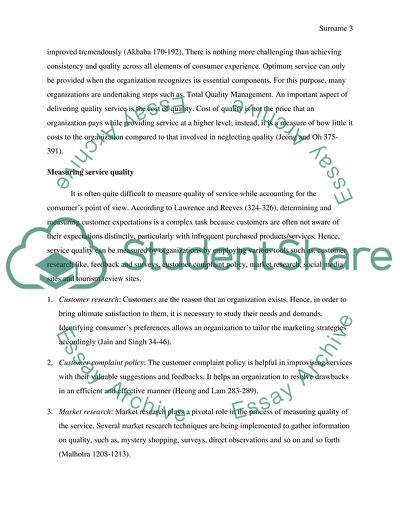Cite this document
(The Role of Mystery Guests in Delivering Quality Service Case Study Example | Topics and Well Written Essays - 2500 words, n.d.)
The Role of Mystery Guests in Delivering Quality Service Case Study Example | Topics and Well Written Essays - 2500 words. https://studentshare.org/tourism/1822084-evaluate-the-role-of-mystery-guests-in-delivering-quality-service-for-the-tourism-and-hospitality-industry
The Role of Mystery Guests in Delivering Quality Service Case Study Example | Topics and Well Written Essays - 2500 words. https://studentshare.org/tourism/1822084-evaluate-the-role-of-mystery-guests-in-delivering-quality-service-for-the-tourism-and-hospitality-industry
(The Role of Mystery Guests in Delivering Quality Service Case Study Example | Topics and Well Written Essays - 2500 Words)
The Role of Mystery Guests in Delivering Quality Service Case Study Example | Topics and Well Written Essays - 2500 Words. https://studentshare.org/tourism/1822084-evaluate-the-role-of-mystery-guests-in-delivering-quality-service-for-the-tourism-and-hospitality-industry.
The Role of Mystery Guests in Delivering Quality Service Case Study Example | Topics and Well Written Essays - 2500 Words. https://studentshare.org/tourism/1822084-evaluate-the-role-of-mystery-guests-in-delivering-quality-service-for-the-tourism-and-hospitality-industry.
“The Role of Mystery Guests in Delivering Quality Service Case Study Example | Topics and Well Written Essays - 2500 Words”. https://studentshare.org/tourism/1822084-evaluate-the-role-of-mystery-guests-in-delivering-quality-service-for-the-tourism-and-hospitality-industry.


